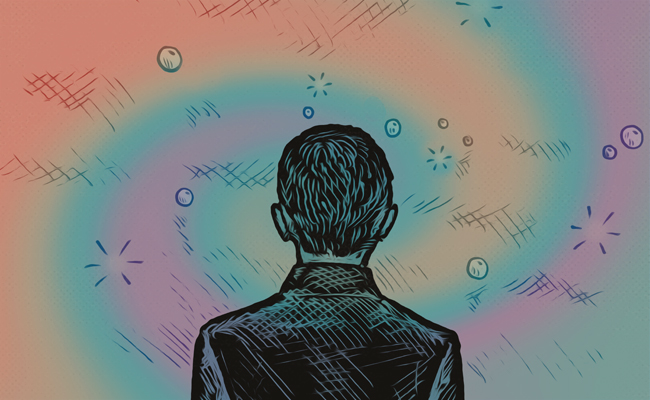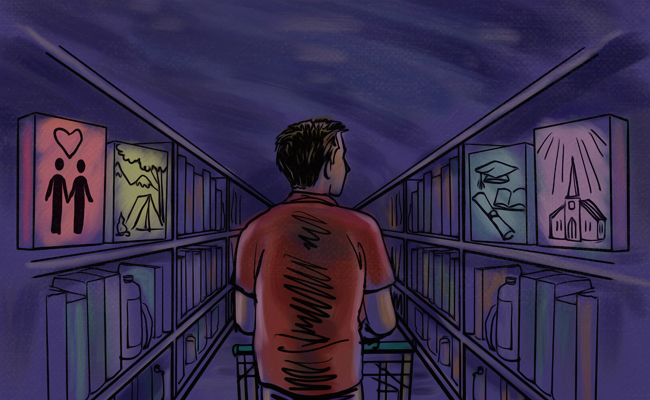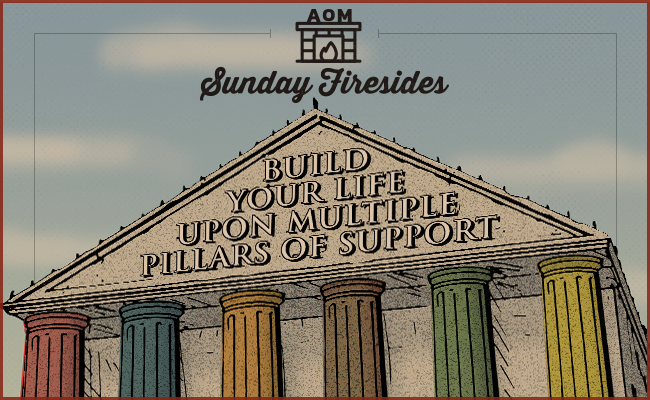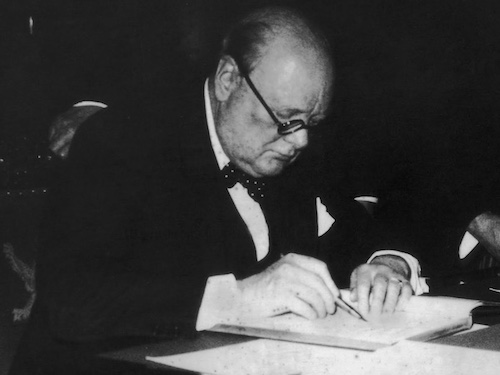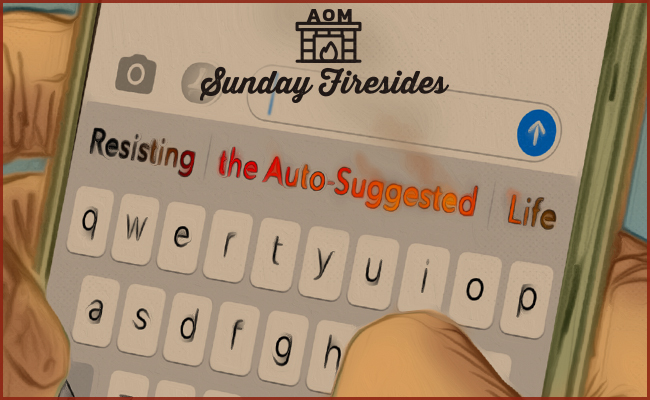
Start typing a text or an email and the technology will anticipate what you wish to say and generate suggestions for subsequent words and phrases. These suggestions are based on the kinds of things most people write next, and that you yourself have previously written.
Before the Digital Age, it was possible to take a more romantic view of the individuality and creativity of human beings. But these auto-suggestions remind us that rather than expressing ourselves with frank originality, we largely traffic in stock formulations.
There is of course an element of efficiency in using language this way, at least when it comes to our more banal communications. But the matter of auto-suggested words parallels the same reality regarding choices with even greater significance.
Some of society’s options for living represent time-tested traditions — distillations of centuries of experiments in the art of human flourishing. Many of our mores, however, owe their existence to expediency, conformity, laziness. Practices born from once salient but no longer relevant circumstances are continued from sheer inertia, from that flimsiest of rationalizations: “That’s the way it’s always been done.”
While we want to believe we exercise radical free will, we very seldom create options anew, but rather select them from a predetermined menu of culturally-approved, often strictly dichotomized, choices.
Right or Left? Urban or suburban? School-school or homeschool (but always something that starts in the fall, ends in the spring, and involves a set curriculum). In-state college or out-of-state college (but always, college).
Which of these soul-sucking white collar jobs would you like to take?
Sounds good! Awesome, thanks! No problem!
You don’t have to follow the path set out by the masses, or even the groove you’ve worn for yourself in the past. Rather than tapping auto-populated suggestions, author your own hitherto-unconceived possibilities.


